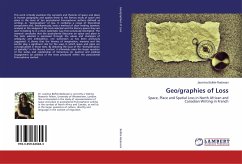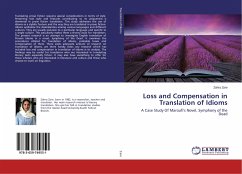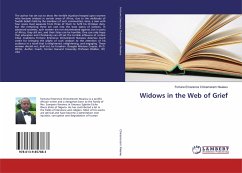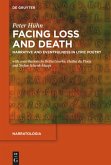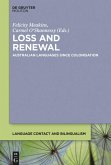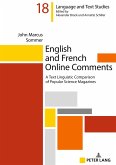This work critically examines the concepts and theories of space and place in human geography and applies these to the literary study of space and place in the texts of ten postcolonial Francophone authors defined as writings or "geo/graphies" of loss. It combines a range of theoretical perspectives and, simultaneously, tests a method of close reading (semiotic analysis) in the analysis of the texts selected and the literary spaces they are seen to belong to in a more systematic way than previously attempted. The research concludes that the postcolonial discourse on space and place in the texts selected is expressed through the values and strategies of ambiguity and ambivalence, not subversion as has been previously suggested. It shows that the themes of imagination, memory and the border play a significant role for the ways in which space and place are conceptualised in those texts. By debating the issue of the "demystification of spatiality" in the literary context, it ultimately raises the larger question of the status and relationship of literariness (or poetics) and political engagement (or politics) of the texts produced within the postcolonial Francophone context.
Bitte wählen Sie Ihr Anliegen aus.
Rechnungen
Retourenschein anfordern
Bestellstatus
Storno

